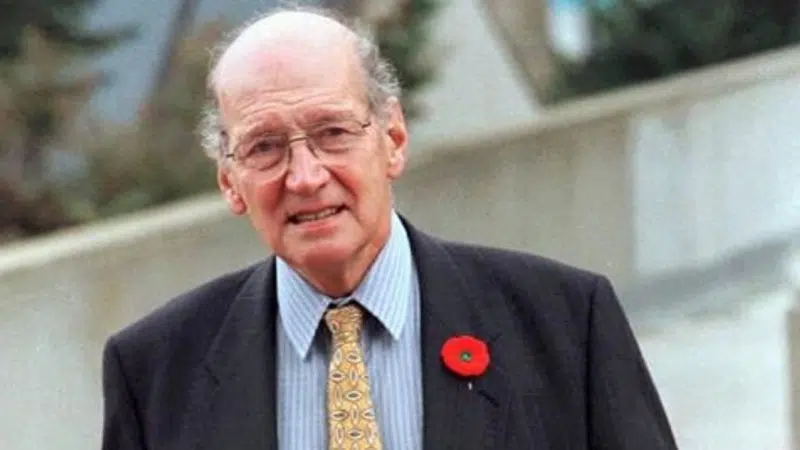
Former Nova Scotia premier Gerald Regan dead at 91
HALIFAX — Former Nova Scotia premier Gerald Regan, whose political accomplishments were later overshadowed by a sexual assault trial that resulted in an acquittal, died Tuesday at the age of 91.
Regan, a lawyer and one-time sportscaster, served eight years as the province’s 19th premier, with his Liberals winning a minority government in 1970 and a majority in 1974.
Regarded as a dynamic, fresh face when elected premier in 1970, Regan began reorganizing government and promised an end to patronage.
He also pushed an agenda of economic development and championed the development of offshore oil and gas resources and the harnessing of the Bay of Fundy tides for energy.
